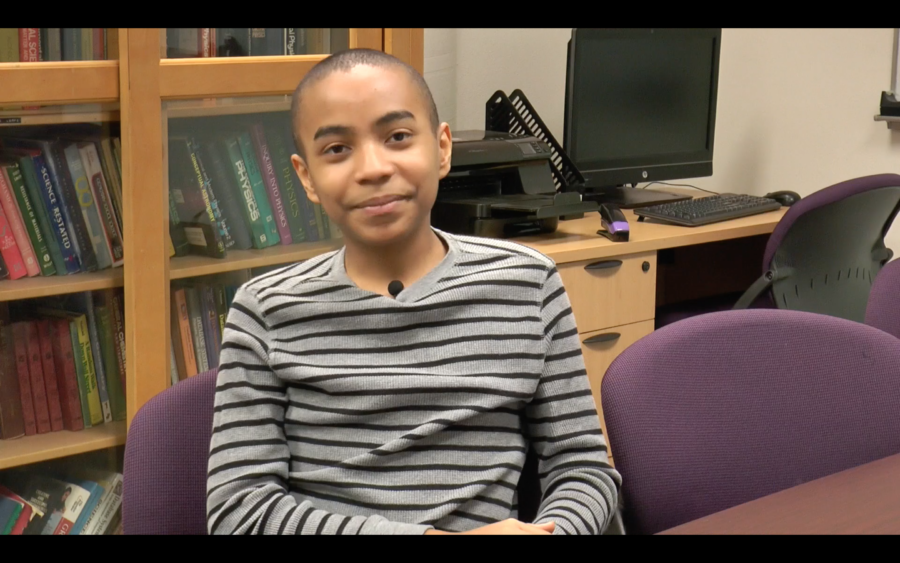This month, TCU is celebrating Black History, but who on campus is really celebrating is questionable.
Though there are several programs planned to commemorate significant people and issues, student participation, like at most campus events, could be better.
While people show up, most are African Americans there to understand and support their own heritage or students looking for extra credit. Few students attend these events simply to gain knowledge or truly appreciate the history.
The importance of these events therefore this month go unnoticed. While there seem to be a number of programs focused on the race itself, there is very little information about what black history has helped bring about — something that would help students make the connection to today’s society.
The National Pan-Hellenic Council Jazz Cafe and the Night at the Apollo are fun and interesting ways to engage the campus but offer little explanation as to why these things are important to black history.
Events that celebrate racial change rather than just a race would inspire more inclusive participation. Black History Month should honor the differences of a culture but should also reveal how that culture is a part of all of us.
However, the responsibility to observe this month does not rely on the programs alone. Students underestimate the worth of these events.
To spare you from a lecture on black history and the civil rights movement in its entirety, think about this: Black history is not just the history of a race. It’s not about who did what or what happened when. It’s about what inspires change in people. It’s about how society evolves because of change.
And it’s about recognizing the past in order to prevent the repetition of its mistakes and to encourage the ideas that brought us here today. This is a place of learning, but some things you learn you won’t get credit for. At least not by hours.

